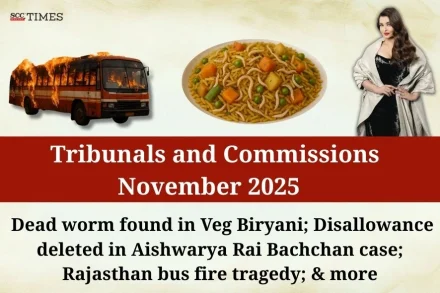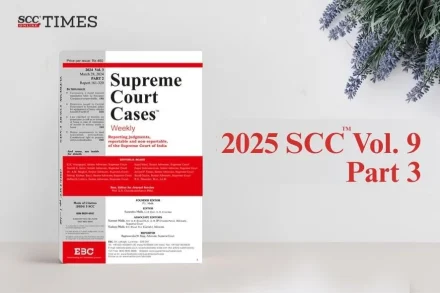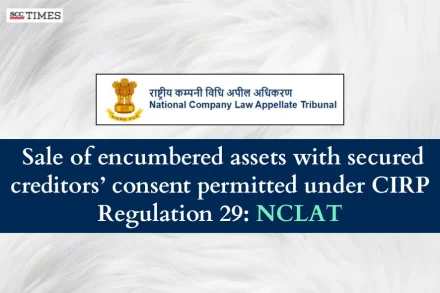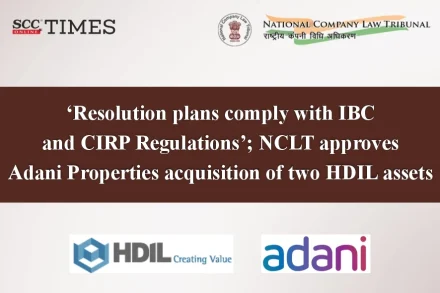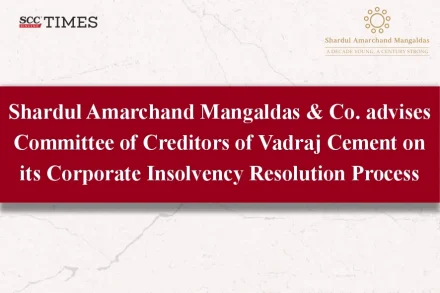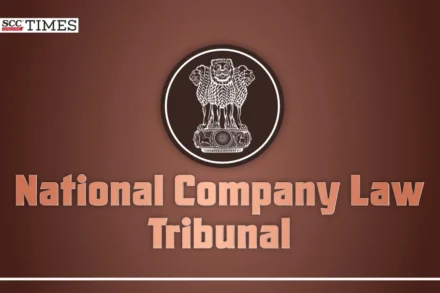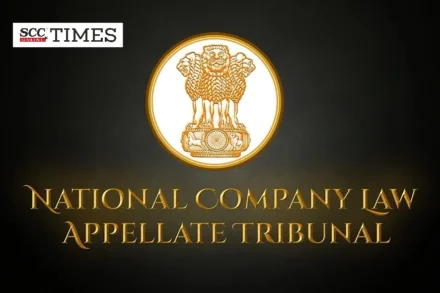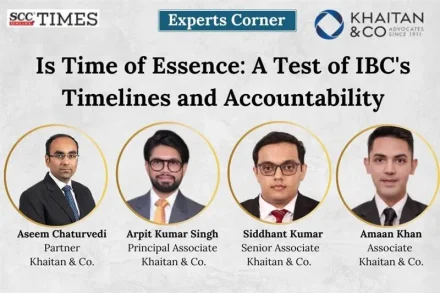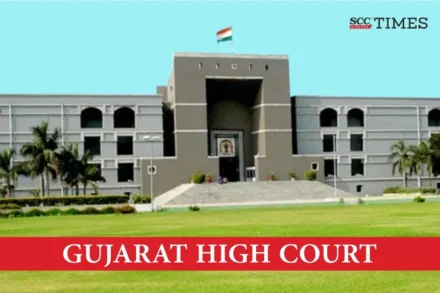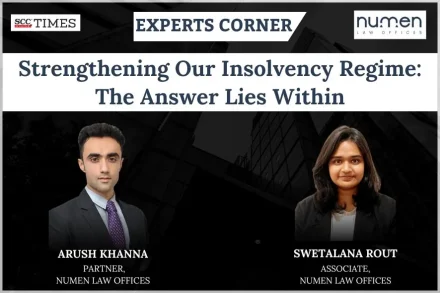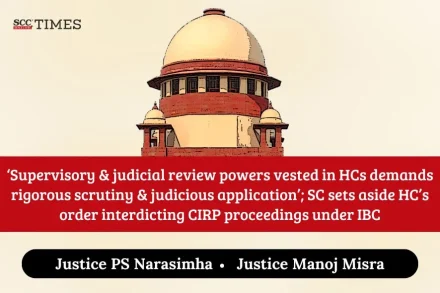
Failure to take meaningful steps towards obligations under Development Agreement can’t be protected by S. 14 IBC: Supreme Court
Invocation of insolvency proceedings or the moratorium under the Insolvency and Bankruptcy Code, 2016 cannot become a legal device to indefinitely stall redevelopment. The IBC was never intended to be used as a shield for non-performance at the cost of human rehabilitation.


